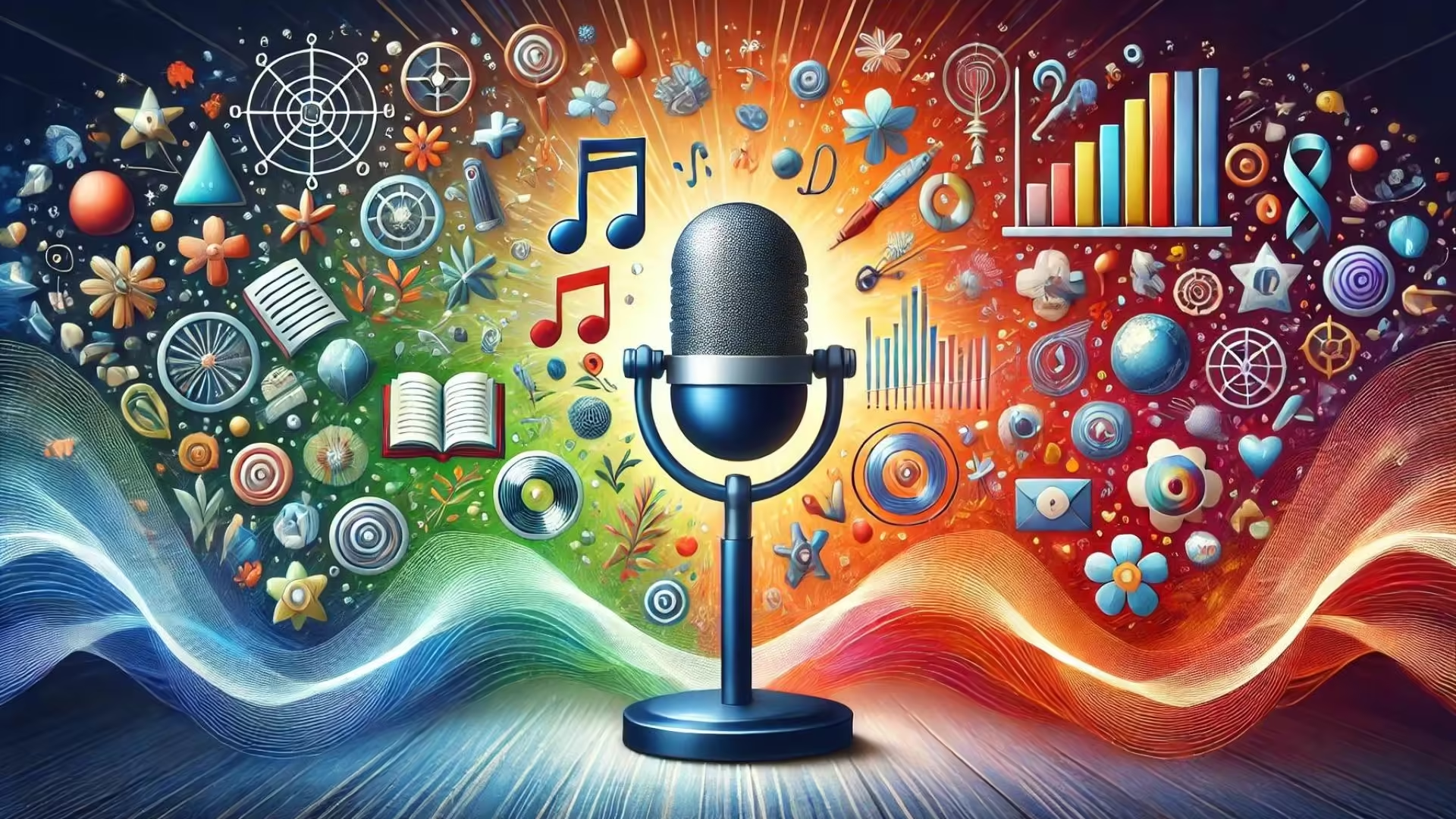Podumentary | Modern English Teaching Methods
Explore the dynamic world of modern English teaching methods with Danny in this insightful episode of English Plus. Learn how innovative techniques, cultural nuances, storytelling, and literature are transforming English language education.

 Unlock with Patreon
Unlock with Patreon






0 Comments